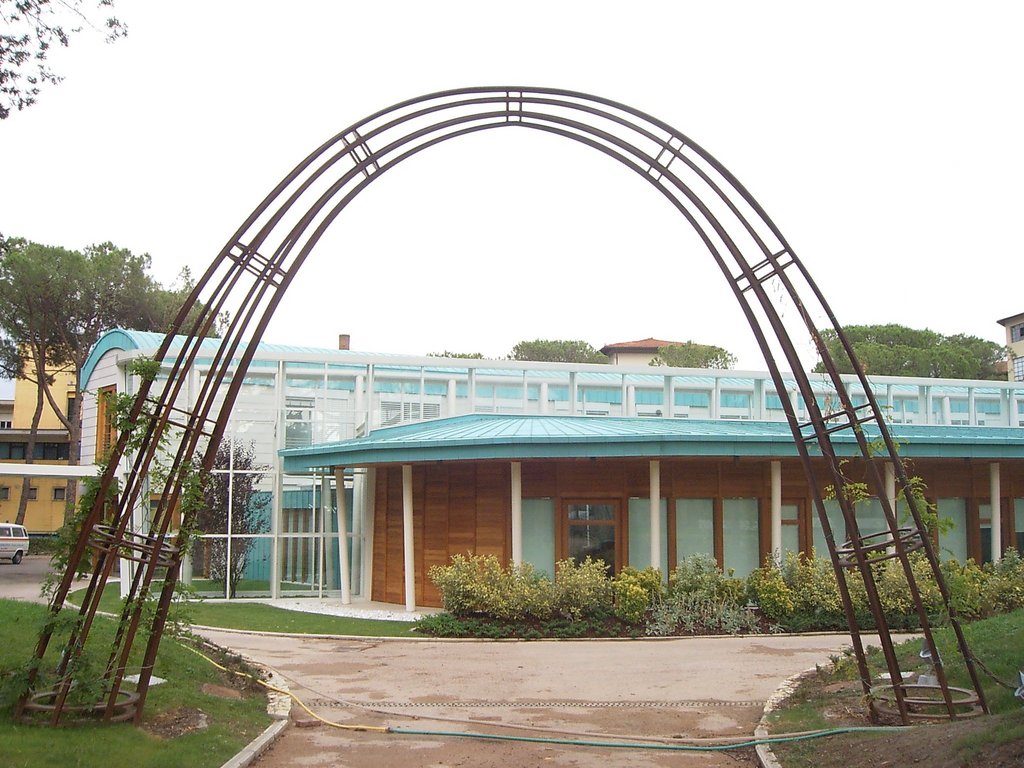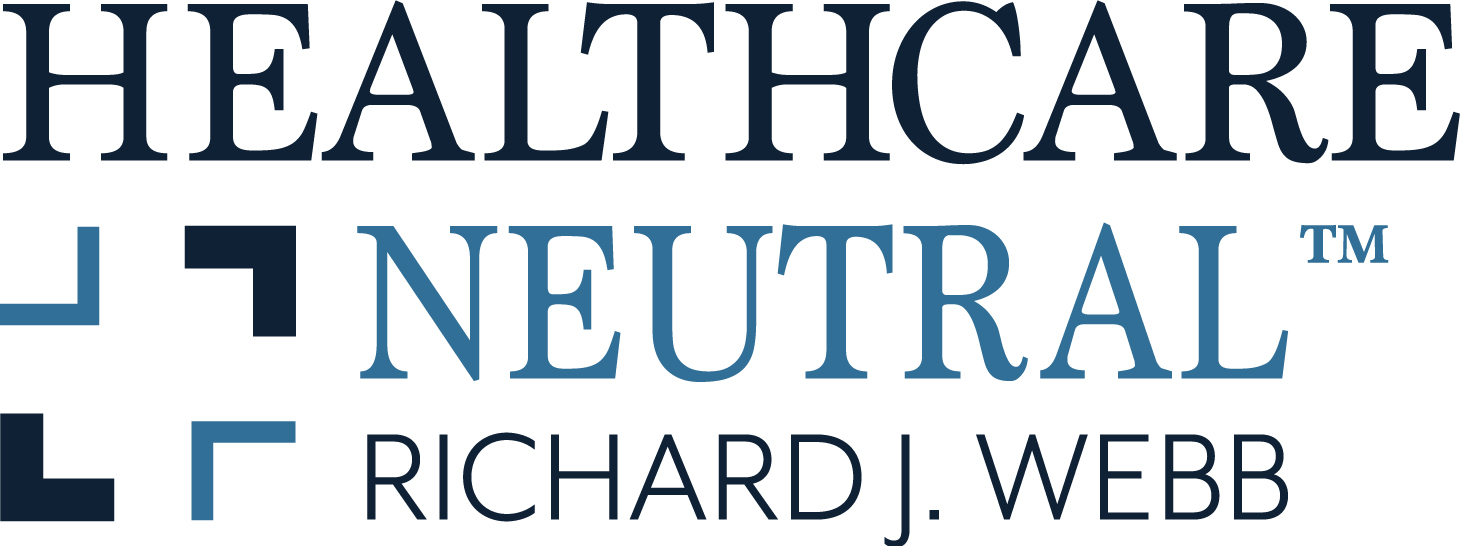
Less Can Be More: Success Fee Billing And ADR
July 9, 2008
[Image: “Bronze Gate” (2005) is a cor-ten steel work by sculptor Robert Morris set in the garden of the dialysis pavilion in the hospital of Pistoia, Italy.]
For several years, I have been reading in many legal industry periodicals that “the billable hour is dead,” or at the least, that alternative fee arrangements are the way of the future. But my experience has not supported these assertions. I thus read with interest an article by Debra Cassens Weiss in this week\’s online ABA Journal about an Ohio law firm\’s switch to success-fee billing. In it, Stanley Chesley, name partner in Waite, Schneider, Bayles & Chesley, describes how and why his firm “recently adopted a success-fee billing method for its corporate clients.”
Chesney told the ABA Journal.com that a “success fee” can be based on several factors including: whether the case against the defendant client is settled or dismissed: (1) within a fixed time, (2) for less than a set amount, and (3) within applicable insurance coverage. He also points out D&O insurance often pays attorneys\’ fees and claims out of the same pot, creating an incentive for defendants to settle earlier than later.
Chesney\’s partner, D. Michael Grodhaus, not only practices using this fee model, he blogs about it at The Alternative Fee Lawyer. There, and in other online articles, there is discussion of real world clients and matters using alternative fee arrangements that make for interesting reading.
As a mediator, reading Chesney\’s explanation of why “success fee” billing makes sense really got my attention. As reported by the ABA Journal:
“\’Very few cases are going to trial. Corporations are spending millions of dollars in defense costs, and [there are] huge budget issues. And at the end of the day, the cases are settled.\’
\’I think many cases should be settled before summary judgment because the cost of discovery is not only the lawyer fees, it’s also the corporate executives and all the department heads\’ who have to spend valuable time giving depositions and assisting in discovery, he says. The days of settling on the courthouse steps are over, he says. \’All I’ve done is seize the moment.\'”
Just after reading this, I came upon a great piece in What About Clients? courtesy of Geoff Sharp in mediator blah…blah… entitled “At what price glory? The lure of ADR in a down economy.” There, Dan Hull persuasively argues that even defense counsel for well funded clients should be thinking beyond merely “winning” their cases. As he puts it, “[f]or the experienced client, the cost of the lawsuit is part of the \’victory\’ analysis…The trick now is to win cheap* (*GCs would rather have \’no lawsuit\’ than a great case or defense).”
The solution, according to Hull, is ADR: “A good arbitration panel or mediator will cut to the quality of the suit and its likelihood of success quicker than even the best American judges, who often feel obligated to give bad and iffy cases a wide berth.”
This is where “success fees” come in. Although every lawyer I talk to agrees that prolonging litigation for the sake of bigger fees is both unethical and bad for business in the long run, it cannot be ignored that lawyers paid on an hourly basis make less from a case that settles early than they do on a protracted litigation. This combines with the prevailing belief that good legal representation requires that “no stone be left unturned” to create a powerful force against the early and frequent use of ADR.
Healthcare industry observers will recognize that very similar circumstances exist with respect to physician payment systems, which appear to be moving from a “fee for service” to a “pay for performance” model. For lawyers, “success fees” are a form of “pay for performance.” They permit the lawyer to focus entirely on what is really best for the client, including containment of the client\’s legal fees, and to choose ADR when it will serve those interests. For many lawyers, this would mean greater and better use of ADR.
Less can be more, for both the client and counsel.
